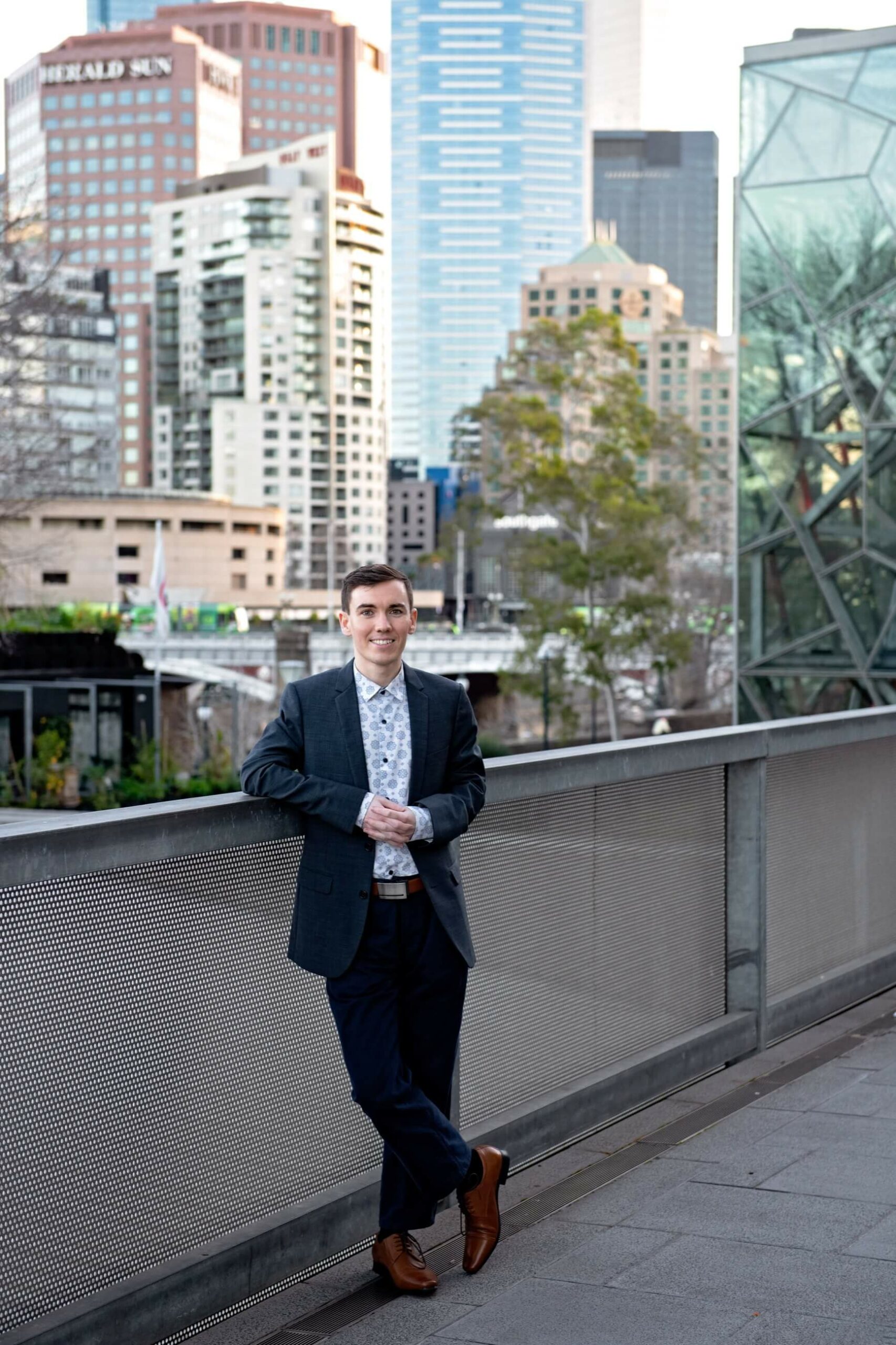Unlock your child's potential, make meaningful progress, and improve your family life.
SLCN therapy empowers you to take a hands-on role in your child's learning and development. We guide you and your child step by step through individually-tailored sessions and activities, leading to meaningful progress for your child and a more enjoyable family life.
At SLCN we offer therapy at your home, your child's school, at a clinic in Derrimut, and online. Home and school visits are for those living in the western and northern suburbs of Melbourne and online sessions available to all of Australia.
We start with an assessment of your child's skills compared against developmental milestones. This involves interacting, playing, and or chatting. Together we discuss the goals you would like to work on and your child's strengths and areas of improvement in social, play, language, daily living, motor, thinking, and academic skills.
Based on the assessment, we plan activities to teach your child what he needs based on your goals, his age and development. We discuss your child's therapy plan together and tailor the plan to suit you and your child.
Based on the assessment, we plan activities to teach your child what he needs based on your goals, his age and development. We discuss your child's therapy plan together and tailor the plan to suit you and your child.
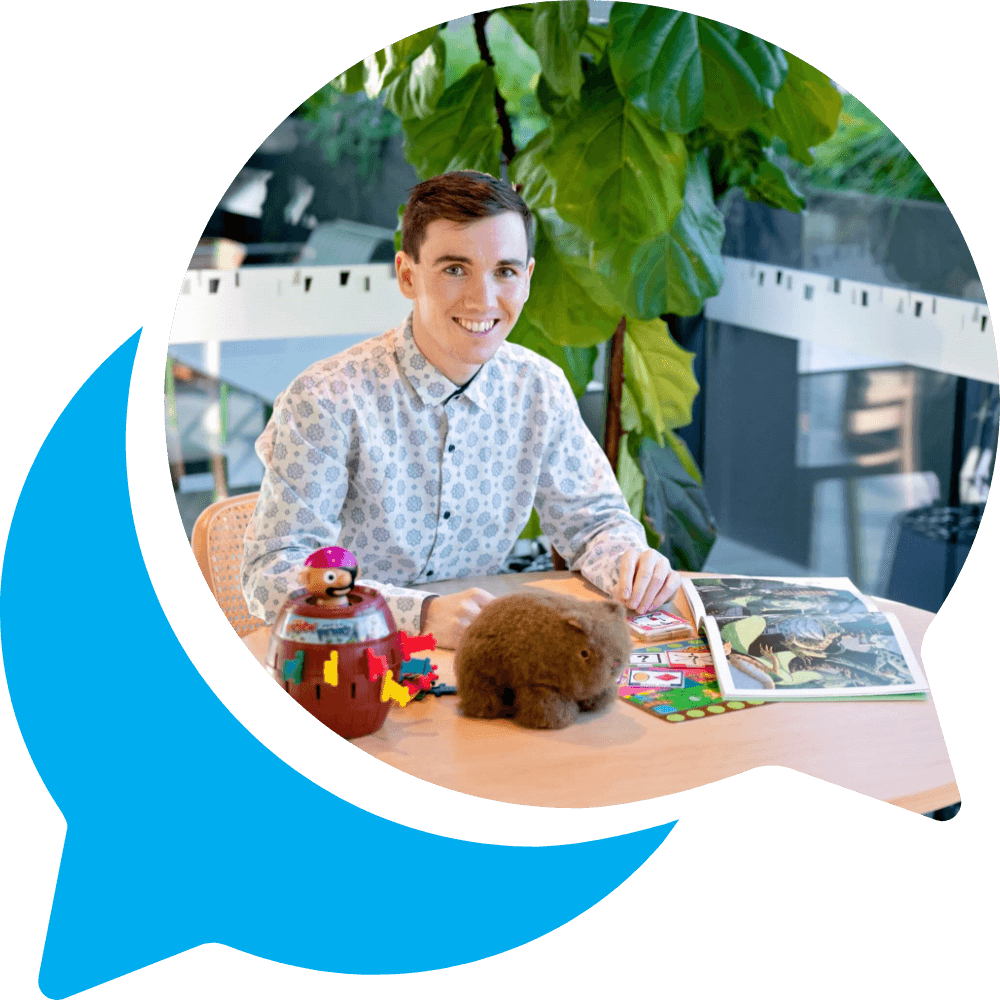
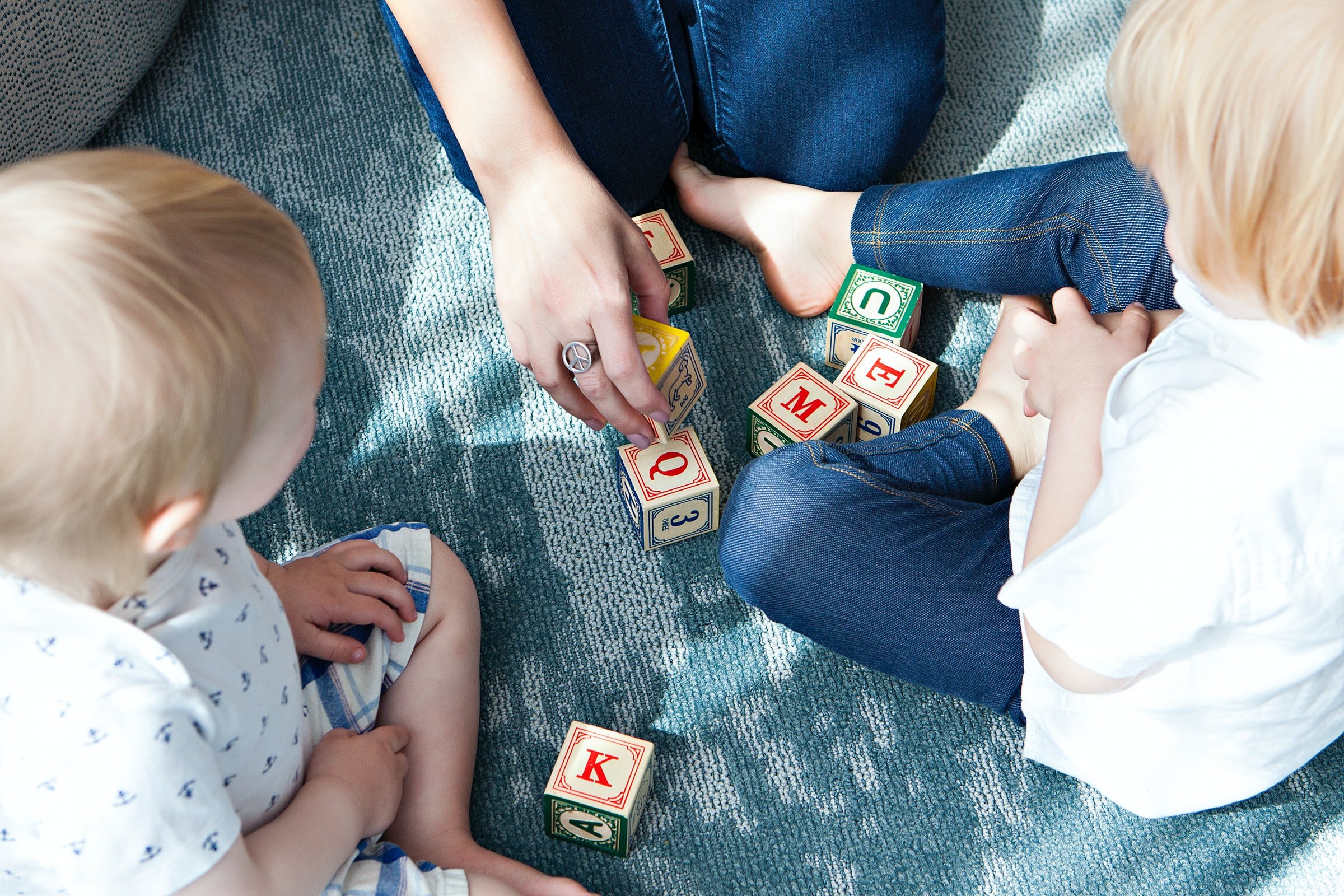
We identify every skill a child needs across the entire range of functioning based on decades of research. With our approach, you can:
The ability to communicate effectively and understand others
Various forms, including interactive, independent, functional, and pretend computer
The ability to engage independently in activities, from dressing and toileting to setting the table
The visual, oral, and motor skills a child needs to communicate effectively, participate in play and daily living activities, and succeed academically
Goal-oriented behavior and self-management, such as memory, attention, planning, self-awareness, flexibility, and problem solving
Ability to understand the mental states of oneself and others, such as sarcasm, empathy, and pretending
Social interactions and relationship building, as well as social language skills and self-esteem
English and math skills to work independently on assignments at school
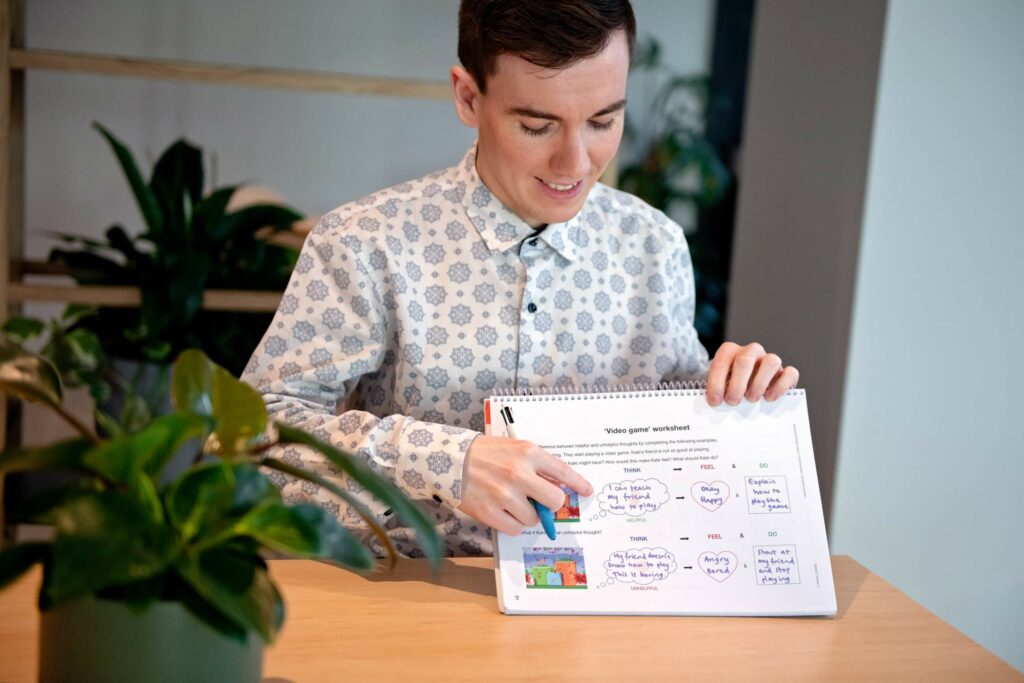
Paediatric Speech Pathlogist
Contact us to book an appointment or discuss any questions you have.
Whatever your family’s case, we will work together with you and your child to offer the best possibilities for success in therapy, tailored to your time and budget constraints and your child's needs.
If you’d like to book a FREE consultation here, we’ll be able to discuss our therapy services and recommend therapy suitable for your circumstances.
Our therapists come from many fields, such as speech therapy, occupational therapy, psychology, physiotherapy, and special education, and work together as a team with you to help your child.
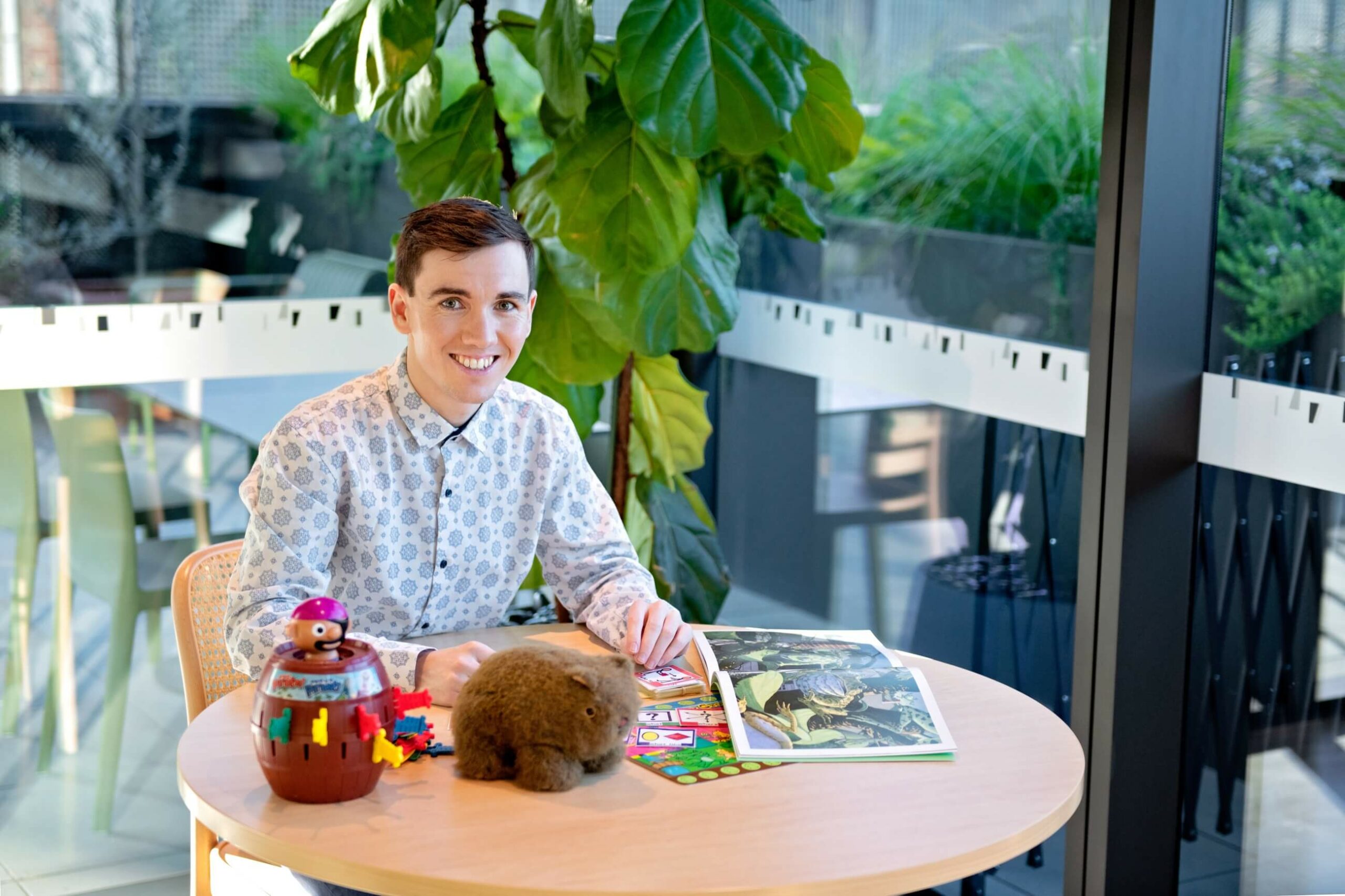
Speech pathologists help people find the best way to communicate to meet their needs. This might include strategies to improve speech clarity or fluency, or signs, symbols, gestures and other forms of assisted communication.
Speech pathologists also help people who have trouble swallowing food and drink.
Occupational therapists work with people who might have difficulties because of injury or illness, psychological or emotional problems, developmental delay, intellectual disability or physical disability.
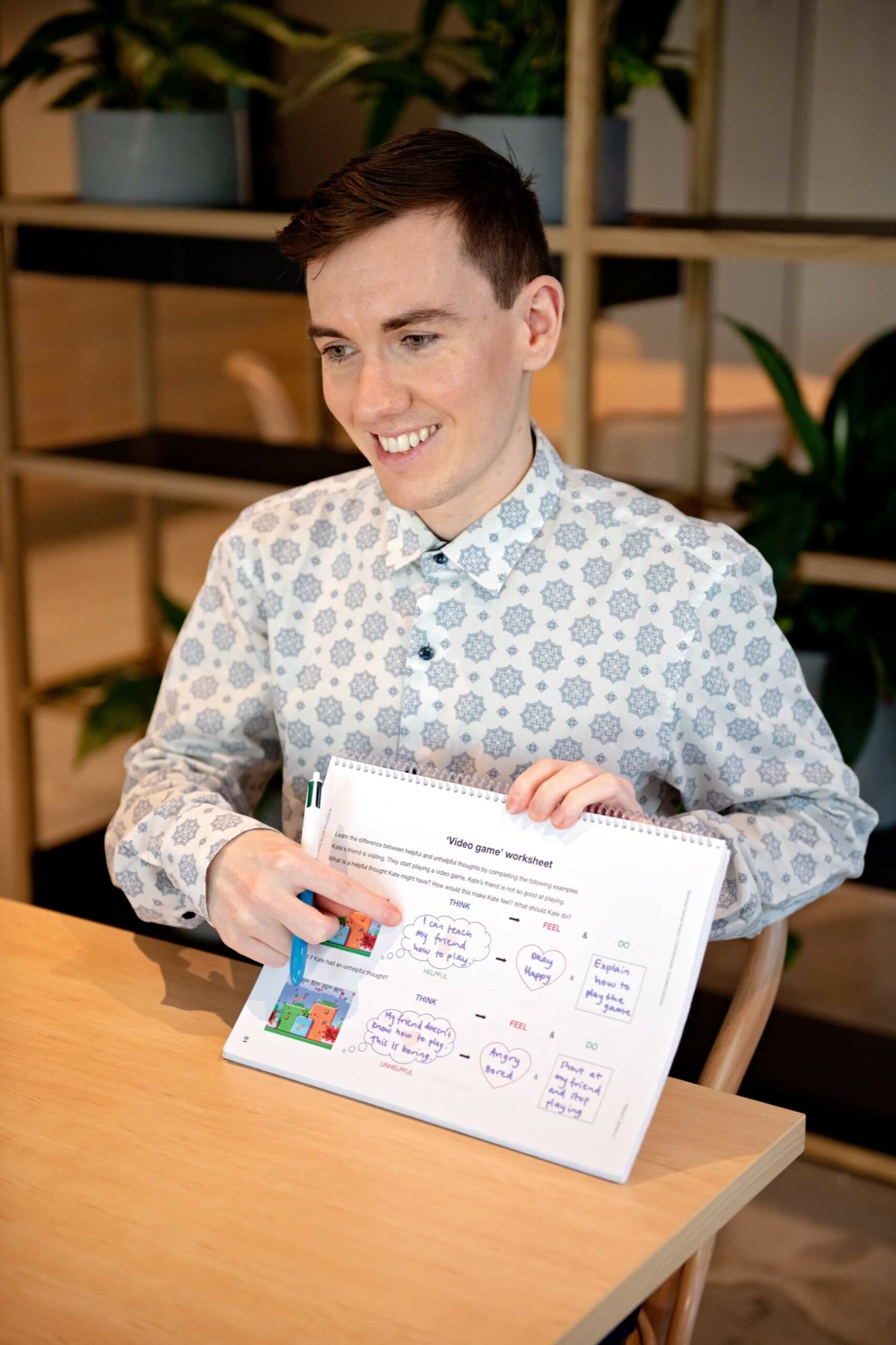
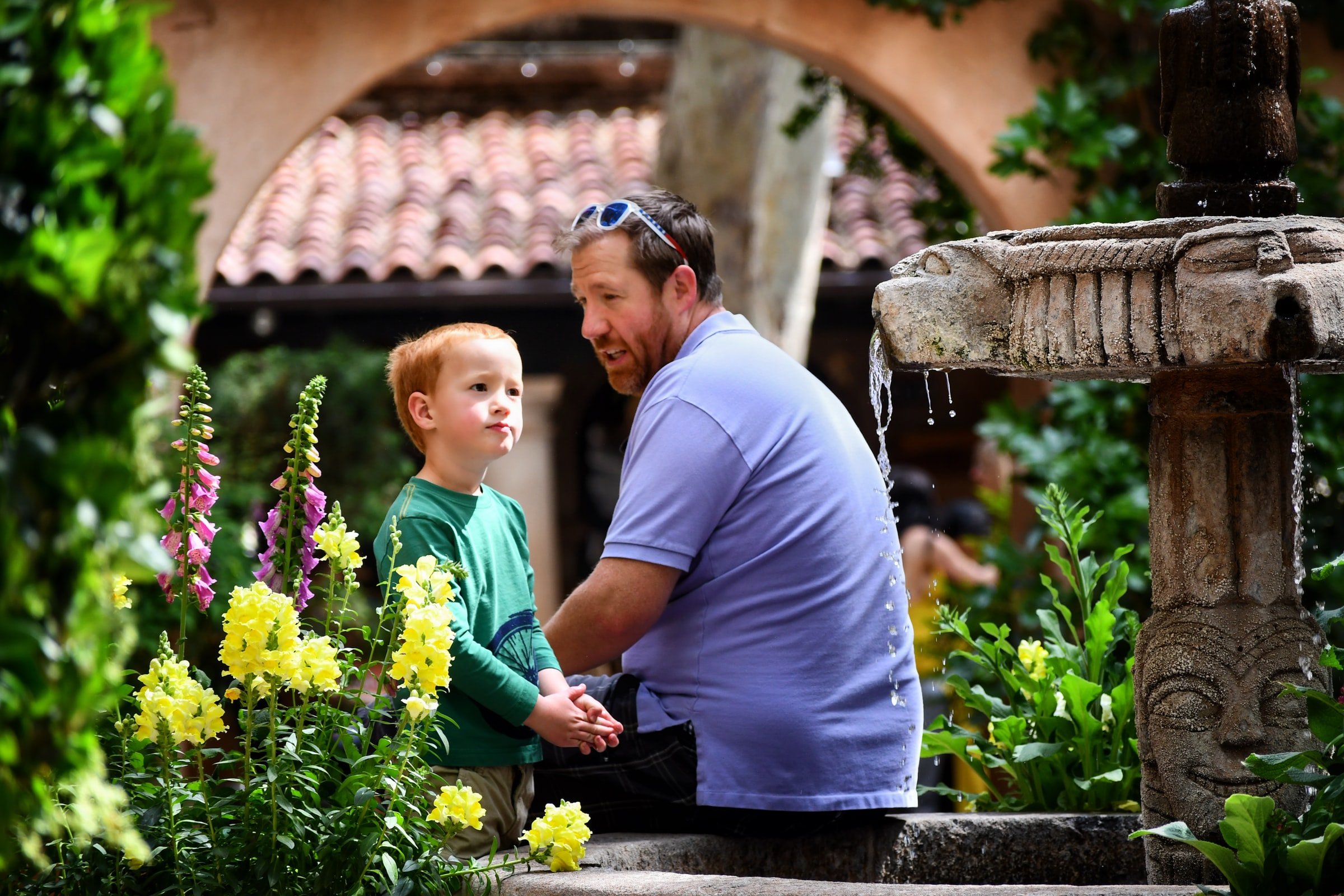
Psychologists are university-trained health professionals who have studied human behaviour. Psychologists are experts in the ways people think, feel, behave and learn.
Psychologists work in many different areas. Most psychologists work directly with people when they’re upset or troubled – for example, when someone has anxiety or depression or is experiencing stress. They also work with people who are going through challenges in life, like parenting or relationship problems. Psychologists can help people find better ways of coping or managing parts of their lives.
Psychologists also help people improve performance, health and learning. They sometimes work in research, training and education.
Psychologists work on changing thoughts, behaviour and emotions using different therapies and approaches. They don’t prescribe medications to help people feel better.
Special education teachers are usually teachers who have done extra training to support students with disability or learning, social or behaviour difficulties. They create learning environments and programs to help students get the most out of education.
Special education teachers work directly with students. They also provide professional advice, support and mentoring to classroom teachers and other school support staff on:
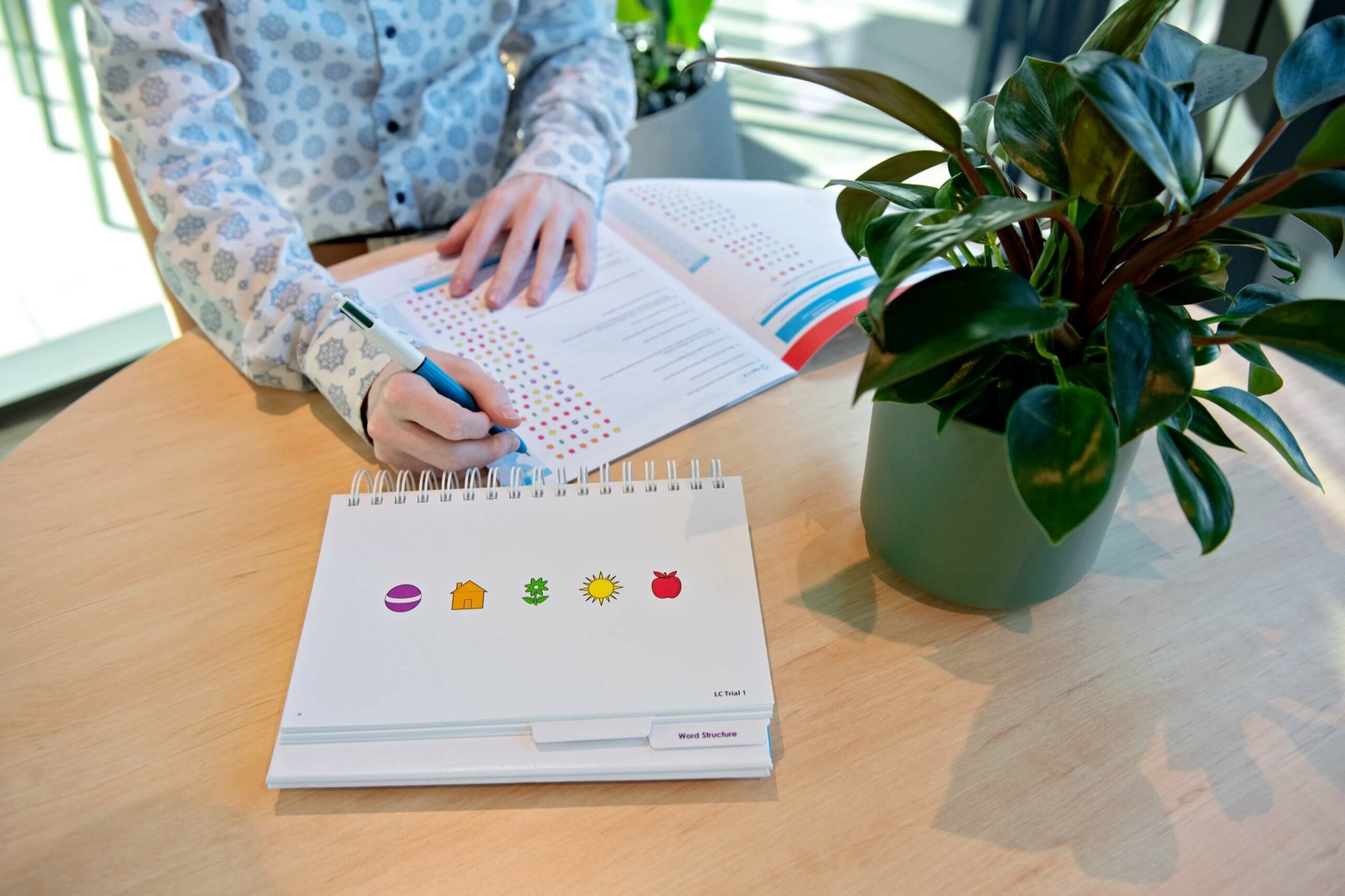
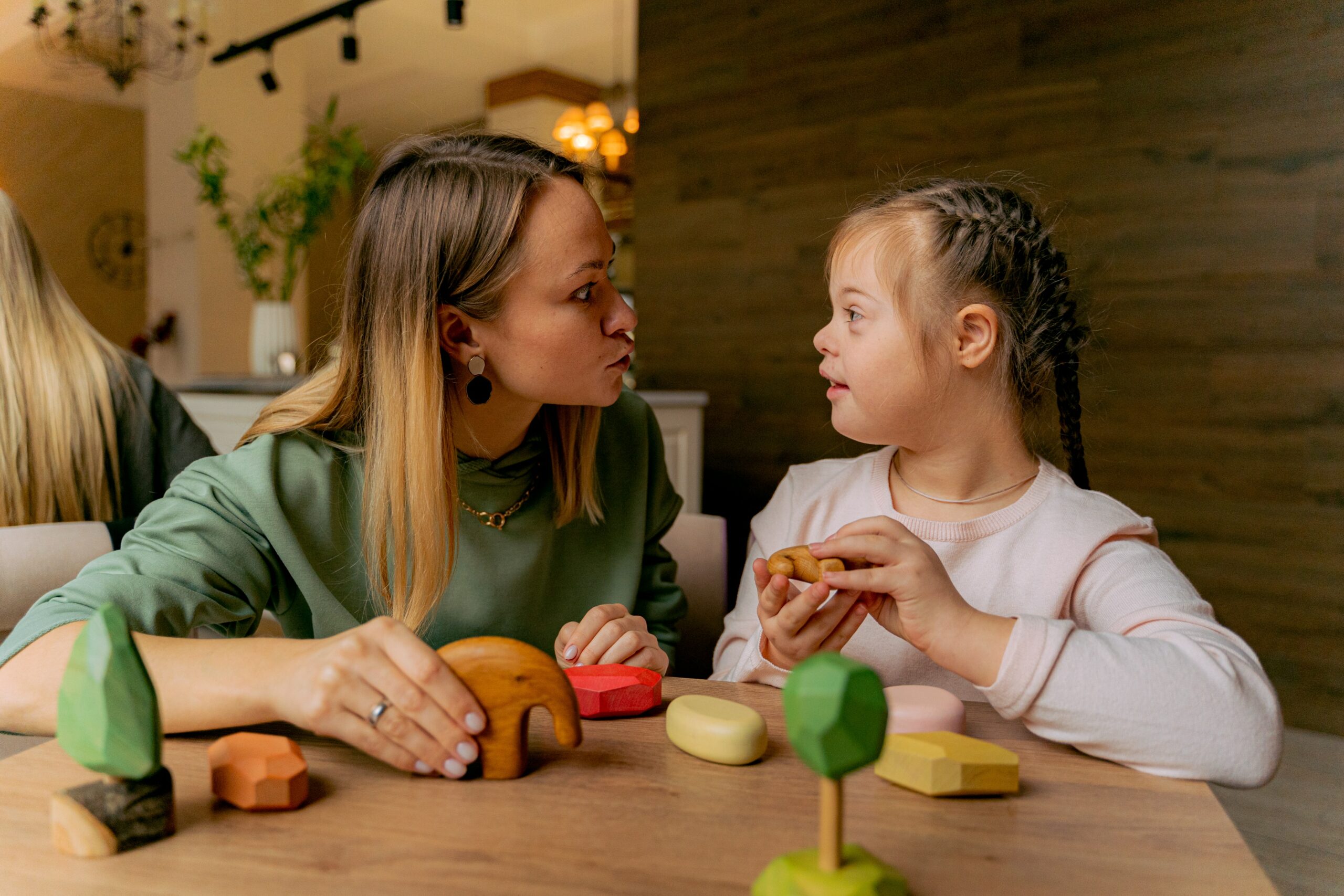
An allied health assistant (AHA) is a healthcare worker who helps deliver allied health services. They are tertiary trained in a certificate IV course, and work under the supervision of an allied health professional. AHAs work with children and young people with disability and provide support to therapists in the delivery of therapy services.
AHAs work in a variety of settings, including hospitals, community health centres, and private practices. They may also work in schools, early childhood education and care settings, and disability services.
AHAs play an important role in the lives of children and young people with disability and their families and make a difference by providing support and assistance to therapists. They help to improve the quality of life for children and young people with disability and contribute to their overall wellbeing.
Families may wish to use funding to help pay for the cost of therapy. If you already have NDIS funding then you can use your child’s NDIS funds for therapy. Children under the age of seven may be able to get NDIS funding based on needing a range of support from multiple professionals such as speech pathologists, occupational therapists, and psychologists. Children under the age of seven do not need a diagnosis to get NDIS early childhood early intervention funding. Typically children above the age of seven do need a diagnosis to get NDIS funding or to continue to get NDIS funding. NDIS funds may be managed by the NDIA (agency managed), managed by an external plan manager (plan managed), or managed by yourself (self managed).
Families may also be able to use their private health insurance to cover some of the cost of therapy. The amount that is covered depends on the private health insurance company so check with your private health insurer.
Families may also be able to get a rebate from Medicare to cover some of the cost of therapy. You will need to get a referral from a medical professional such as a general practitioner (GP) or paediatrician to be able to get a Medicare rebate. A GP can start a chronic disease management plan (previously enhanced primary care plan) or a paediatrician or other specialist can write a referral with medicare items (typically Medicare item 110 or 116) to cover some of the cost of therapy. The Medicare rebate that you receive from a paediatrician or specialist is higher than the rebate from a GP (approximately $55 rebate for a referral from a GP and $77 rebate for a referral from a specialist).
Only one type of funding (NDIS, Medicare, private health insurance) may be used to cover the cost of therapy.
Ideally, daily practice with your child will be required. Three practice sessions per week would be considered a minimum. Without sufficient practice your child is unlikely to progress in skill development and in the long term this may in turn lead to a decrease in motivation.
Therapy should focus on the specific goals and materials that have been set in therapy sessions by you and your child’s therapist. Other forms of practice, such as incidental practice are not likely to be as effective.
In order for your child to develop and extend new skills, feedback on practice attempts is required. This feedback should typically be delivered as labelled praise. Labelled praise will specifically let your child know what was correct about the attempt and will provide motivation and encouragement to keep trying.
Child motivation is required for practice to be successful. If your child actively resists practice, it is less likely that the new skills being targeted will be successfully incorporated. Persevering despite this resistance may reduce the possible impact of any future therapy attempts.
As the focus of therapy is on training and supporting you, you are required for all therapy appointments. If you are unable to attend, please ring 03 80 880 527 or email [email protected] as soon as possible.
Therapy materials will be provided. In some cases additional materials may be beneficial to purchase. Using the recommended therapy materials as intended will help your child to develop their skills.
